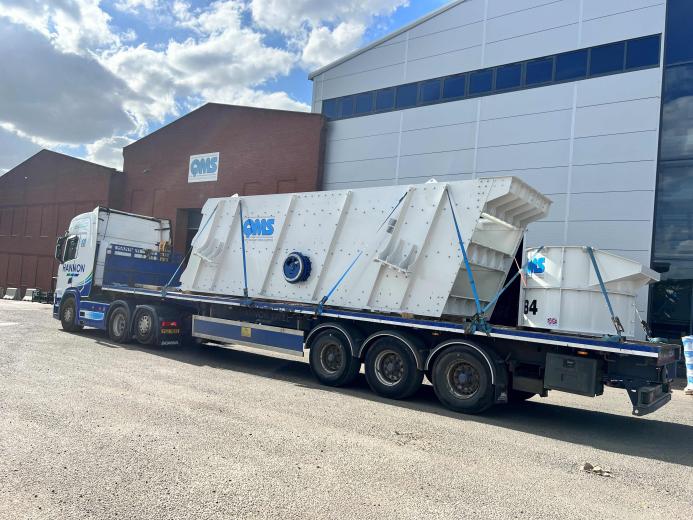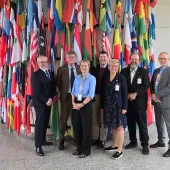QMS to focus on sustainable manufacturing
Quarry Manufacturing & Supplies (QMS) have announced new sustainability initiatives aimed at reducing its environmental impact. The company is upgrading its manufacturing processes to make them more energy-efficient and introducing staff training on modern production techniques and environmental awareness.
Commenting on the company’s new initiative, managing director Jonathan Beck said: “We have set sustainability goals for 2030 focusing on circularity, climate change, and people. These objectives are now central to our operations in the mining, recycling, and construction industries.”
One key initiative is the introduction of rebuild solutions to extend the life cycle of QMS equipment. The company is also recycling steel and wear parts, and working to make its products and packaging more circular.
“We’re reducing waste in production by reusing materials where possible, minimising the need for new raw materials,” Beck added.
QMS has also reformed its logistics to lower carbon emissions and plans to capture waste heat at its new factory to redistribute it for heating. The new plant will be designed to minimise noise, emissions, and energy use, supporting the company’s sustainability strategy.
“Efficiency starts with design,” said Beck. “We use value engineering to reduce material waste from the outset. Where we can’t reuse materials, we ensure they’re recycled or repurposed by others.”
QMS also focuses on keeping customer plants operational for longer through its aftermarket services and spare parts business, contributing to resource conservation. The company aims to use renewable energy where possible and optimise water usage in its washing plants.
Beck concluded, “Our processes are constantly evolving to further improve sustainability, from manufacturing to transport and equipment deliveries.”







